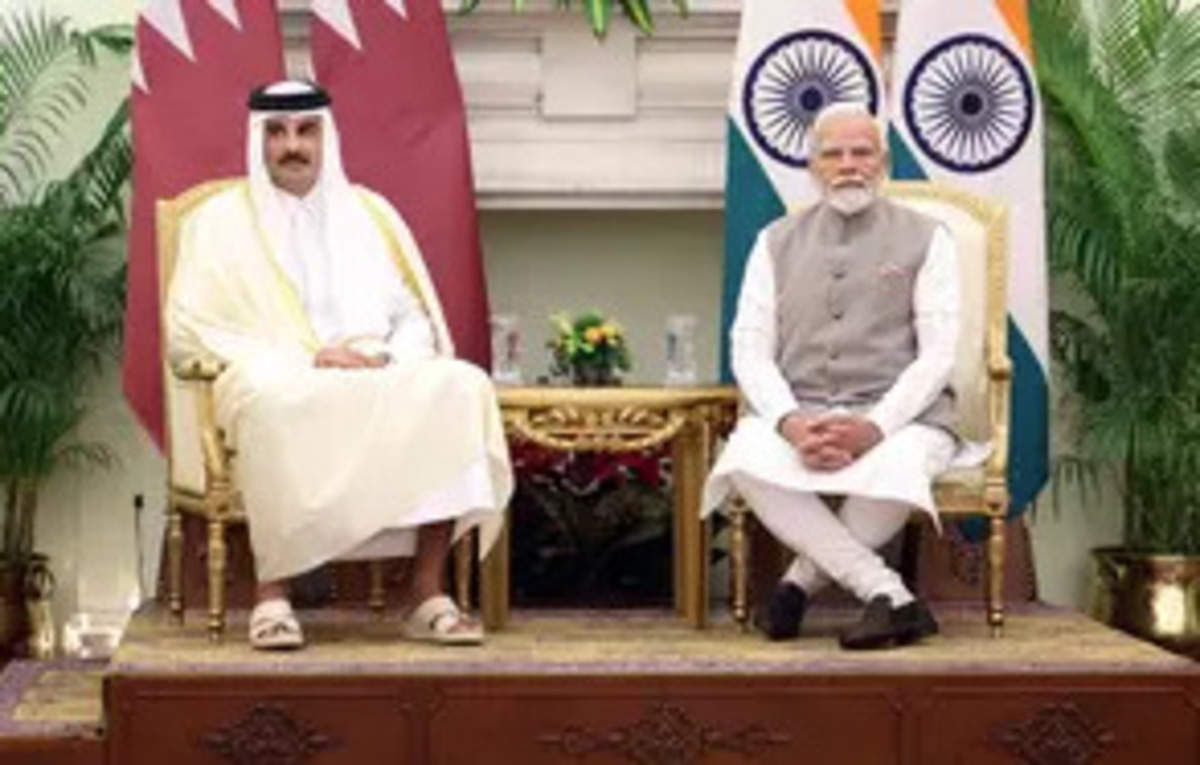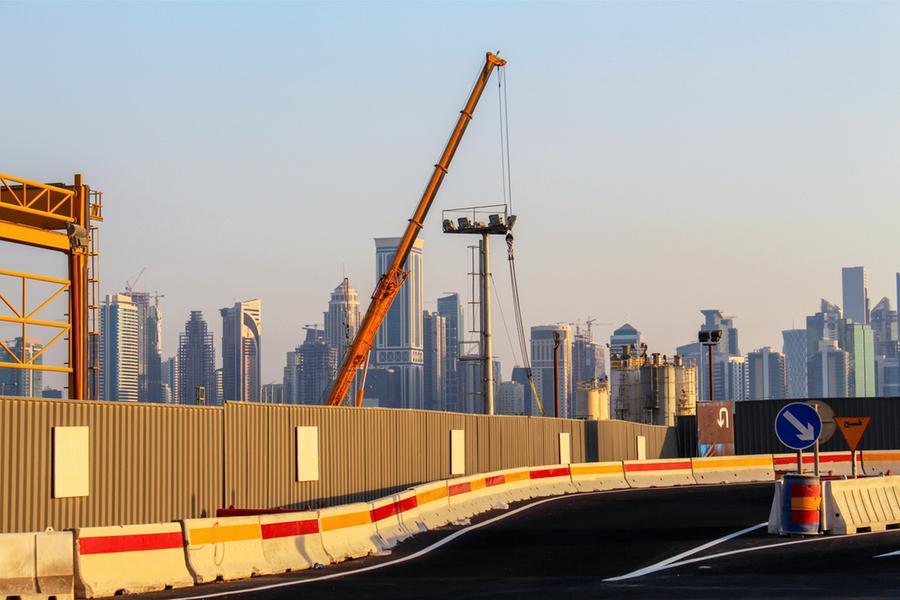Hamas ‘serious’ about captives’ release but not without Gaza ceasefire

Palestinian group Hamas has said it remains committed to achieving an agreement with Israel to end the war on Gaza, but only if its conditions including a lasting ceasefire are met.
Khalil al-Hayya, a member of the group’s political bureau, said that Hamas “is serious about releasing Israeli captives within the framework of an agreement” that also ensures the release of thousands of Palestinian prisoners in Israeli jails.
He told Al Jazeera Arabic in a televised interview on Thursday that Hamas will not accept a truce without a permanent ceasefire and a complete halt of Israel’s assault on the Gaza Strip.
The Israeli bombardment has killed more than 34,000 people – mainly women and children – since the current conflict started in October.
An “unhindered return” of Palestinians across the besieged enclave to their homes, along with the reconstruction of Gaza and “an end to the crippling siege” imposed on it were among the four conditions that al-Hayya reiterated.
Hamas had submitted its response to a United States amendment on April 13 and is still waiting for a reply from Israel and the mediating parties, he said.
White House national security adviser Jake Sullivan said on Friday that he saw fresh momentum in talks to end the war in Gaza and return the remaining Israeli hostages.
“I believe that there is a renewed effort under way involving Qatar and Egypt as well as Israel to try to find a way forward,” Sullivan told MSNBC in an interview. “Do I think that there is new momentum, new life in these hostage talks? I believe there is.”
Talks on a ceasefire between Israel and Hamas have been in limbo with the two sides showing few signs that they are ready to compromise on their demands.
But international mediators – Qatar, the US and Egypt – have been engaged in intense behind-the-scenes talks to secure a deal.
Top Israeli officials have repeatedly called Hamas’s demands “delusional” and have said an Israeli withdrawal from the Gaza Strip would amount to losing the war.
Egyptian, Israeli and US officials reportedly held in-person and remote meetings on Wednesday that sought concessions to break the deadlock in the months-long negotiations.
On Friday, Egypt sent a delegation to Israel with the hope of brokering a ceasefire agreement, two officials told The Associated Press news agency.
Top intelligence official, Abbas Kamel, was leading the team and planned to discuss a “new vision” for a prolonged ceasefire in the enclave, an Egyptian official said.
Friday’s talks were set to be initially focused on a limited exchange of captives for Palestinian prisoners and the return of a significant number of displaced Palestinians to their homes in northern Gaza “with minimum restrictions”, the unnamed official said.
Meanwhile, the US and 17 other countries issued an appeal for Hamas to release captives as a pathway to end the crisis in Gaza.
“We call for the immediate release of all hostages held by Hamas in Gaza now for over 200 days,” read the statement on Thursday by the leaders of Argentina, Austria, Brazil, Bulgaria, Canada, Colombia, Denmark, France, Germany, Hungary, Poland, Portugal, Romania, Serbia, Spain, Thailand and the United Kingdom.
It said that the “deal on the table to release the hostages would bring an immediate and prolonged ceasefire in Gaza, that would facilitate a surge of additional necessary humanitarian assistance to be delivered throughout Gaza, and lead to the credible end of hostilities”.
Reporting from Washington, DC, Al Jazeera’s Mike Hanna pointed out that the statement appeared to be trying to step up pressure on Hamas amid ongoing attempts at negotiation.
“There’s no mention whatsoever of any concomitant release of Palestinian prisoners being held in Israel by the Israeli government, but this is stepping up pressure on Hamas, it would appear, as these negotiations grind forward,” he said.
Hamas responded to the letter on Friday, saying it regretted that the countries had not emphasised “the necessity of a permanent ceasefire” in Gaza and the withdrawal of Israeli forces from the territory.
The Palestinian group called on the US and the international community to apply pressure on Israel to end “the crime of genocide” being committed against Palestinians in Gaza.
The back-and-forth comes as Israel has significantly increased its military activities across the enclave and is proceeding with plans for a ground invasion of Rafah in the south, where some 1.5 million displaced Palestinians are taking shelter.
The humanitarian situation in Rafah – bordering Egypt – and across Gaza remains dire, with the United Nations and others repeatedly stressing the need for Israel to allow more aid in.
Eleven-year-old Husam is one of more than 600,000 children who have sought refuge in Rafah, which was designated a “safe zone” even as the Israeli military continues to pound it from the air in preparation for a ground assault.
“We’re afraid people will resort to killing each other for food,” he told Al Jazeera.
“A person’s psyche wears out with fear. It’s a slow death.”
Related
Ashghal commences roads, infrastructure development in Birkat Al Awamer
Doha, Qatar: The Public Works Authority 'Ashghal' started the implementation of the Roads and Infrastructure Development Project in Birkat Al Awamer. T
India-Qatar trade agreement must be approached with caution: GTRI –…
India should tread cautiously on a potential free trade agreement (FTA
Qatar’s Ashgal likely to award industrial areas infra consultancy contract…
Qatar’s Public Works Authority (Ashghal) is expected to award the design and lead consultancy contract for the North of New Industrial Area Roads and Inf
Qatar’s $2.5bn green bonds fund enhances renewable energy and infrastructure
Doha, Qatar: Qatar continues to boost its investments in sustainable development, demonstrating its competitiveness on the global stage. An official no












